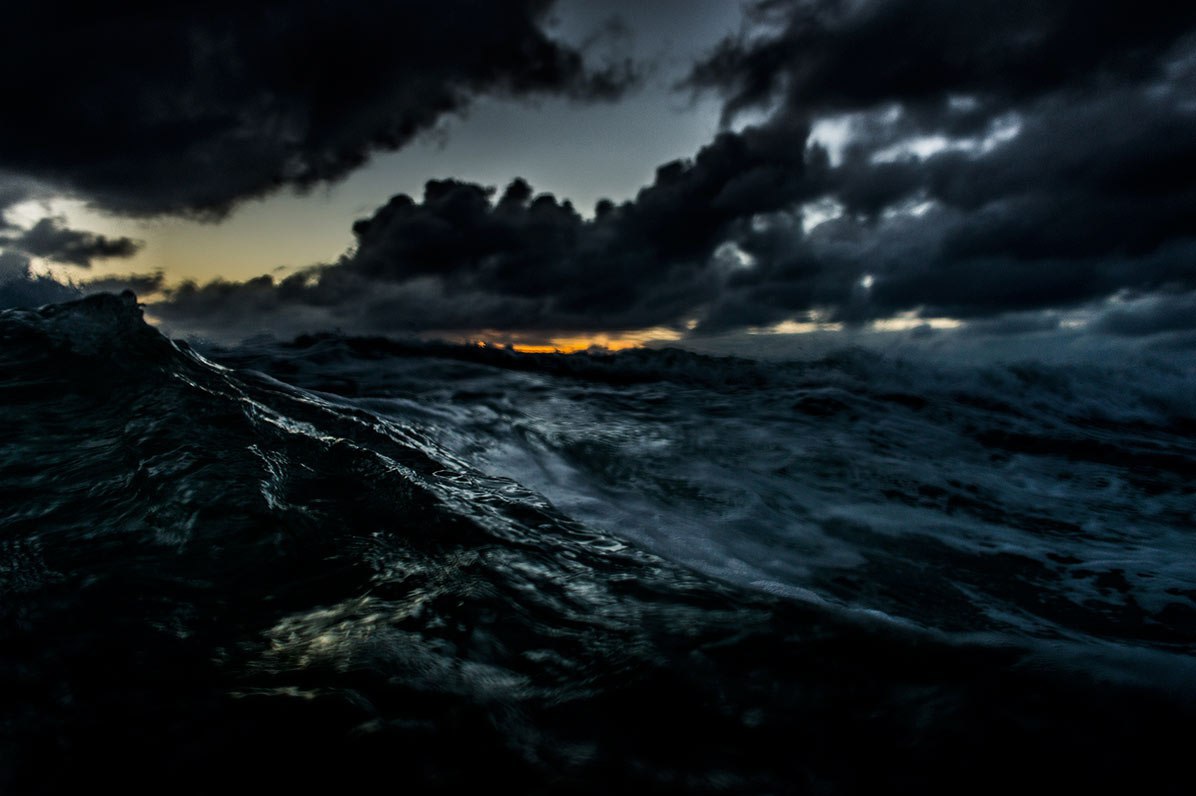Public Lecture "The Baltic Sea Region as a Borderland" by prof. Michael North(Greifswald University, Germany).
On November 19, Monday, at 18:30 professor Michael North will give a public talk “The Baltic Sea Region as a Borderland”.

Michael North, the professor of the Greifswald University, is one of the leading expert in the Medieval and Early Modern Baltic history, the author of the book “The Baltic: A History” (Harvard University Press, 2015). In this monograph he created an impressive picture of the Baltic region history from the Vikings to nowadays. Representing the area as the Mediterranean of the North, professor North significantly changed the narrative of the maritime history, making a valuable contribution into the history of the sea, which is too often undervalued by the historians of the Global maritime communications.
The Baltic Sea Region as a Borderland.
From prehistoric times the Baltic Sea region has witnessed a closely connected settlement of different ethnic and linguistic communities, for example of Germanic, Slavonic, Baltic or Finno-Ugric origin. These societies developed during the Middle Ages and the modern era into nations and states. In several cases (notably in Finland and the Baltic countries) state building took place only in the twentieth century. Moreover, due to the changing dominion exerted by different powers over the Baltic Sea, the political pertinence of the coastal areas shifted regularly. For many historians therefore, the history of the Baltic seems to be a history of warfare and struggle for dominion: between Poland and the Teutonic Order, between Denmark, Sweden and Poland; between Russia and Sweden. Those struggles and tensions produced enduring stereotypes. These ethnic stereotypes were – or still are – so effective that historians overlooked the fact that the Baltic Sea region was as an area of cultural exchange.
That is why, the Baltic region can be interpreted as borderland, since borderlands are spaces where people and cultures meet or people do not get along with each other. The lecture will examine various borderland situations from the Middle Ages up to the present time. 
The lecture will be on the canal Griboedova 123, room 401. Everyone is very much welcome.
The working language is English.
